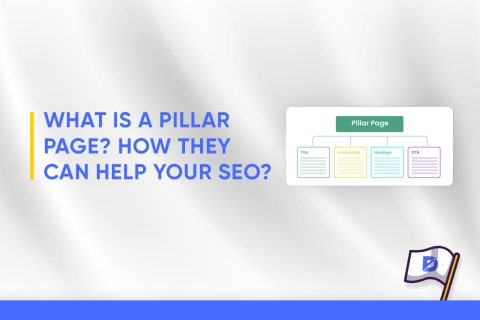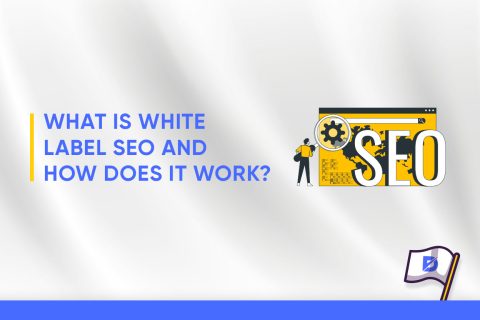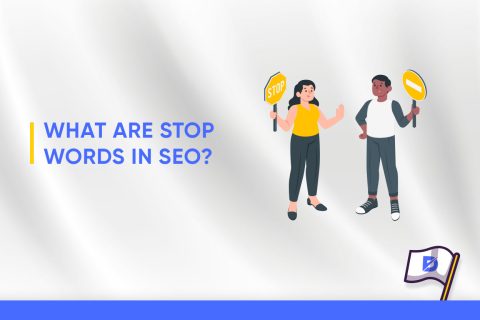In the intricate world of Technical SEO, understanding and managing the types of internal links — nofollow and dofollow — is crucial for optimizing a website’s search engine performance. An often-overlooked error occurs when a page inadvertently receives a mix of both nofollow and dofollow incoming internal links. This error can significantly impact a site’s SEO efficiency, as it confuses search engines about the page’s importance and the flow of link equity. Addressing this error is vital for maintaining a coherent and effective SEO strategy. Let’s delve deeper into why this issue is important for SEO and how to rectify it.
Why is Page has Nofollow and Dofollow Incoming Internal Links Error Important for SEO?
In the realm of SEO, the distinction between nofollow and dofollow links plays a pivotal role. Search engine crawlers typically ignore links with a “nofollow” attribute, which are generally used to link to pages you don’t want crawled and indexed. These nofollow links do not transfer any form of link equity, often known as “link juice,” to other pages. A combination of nofollow and dofollow links pointing to a single page typically suggests a mistake. This error can lead to two major issues: either the indexable page misses out on potential link juice if all incoming links were meant to be followed, or a page you prefer not to be indexed receives some link equity from the followed links.
How to Fix Page has Nofollow and Dofollow Incoming Internal Links Error?
Correcting this error involves a systematic approach. Initially, you need to identify the pages linking to the reported URL with both nofollow and dofollow links. This can be achieved by using tools that provide insights into the number of dofollow and nofollow inlinks for each URL. Once these pages are identified, you should edit the links on these referring pages to ensure that the reported URLs receive only one type of incoming link, either followed or nofollowed. This editing process aligns the link type with the intended purpose of the linked page, ensuring that the SEO strategy remains effective and coherent.
This adjustment is crucial in maintaining a clear and strategic SEO approach, ensuring that each page on your website receives the appropriate type of internal link. By doing so, you can optimize your site link structure and maintain better control over which pages are prioritized for crawling and indexing by search engines.





No comments to show.